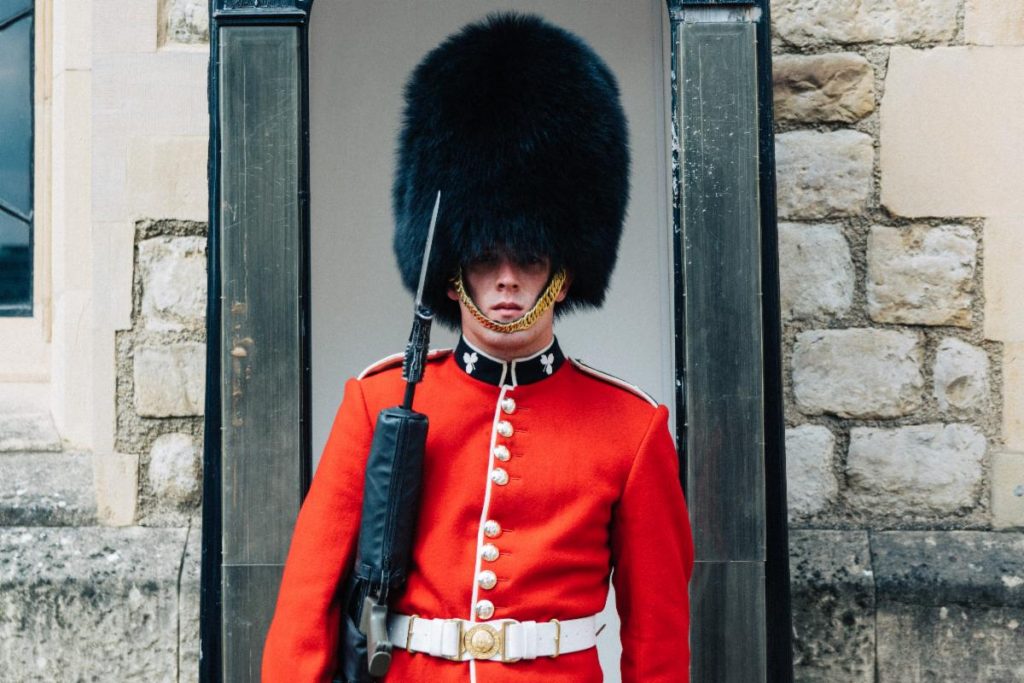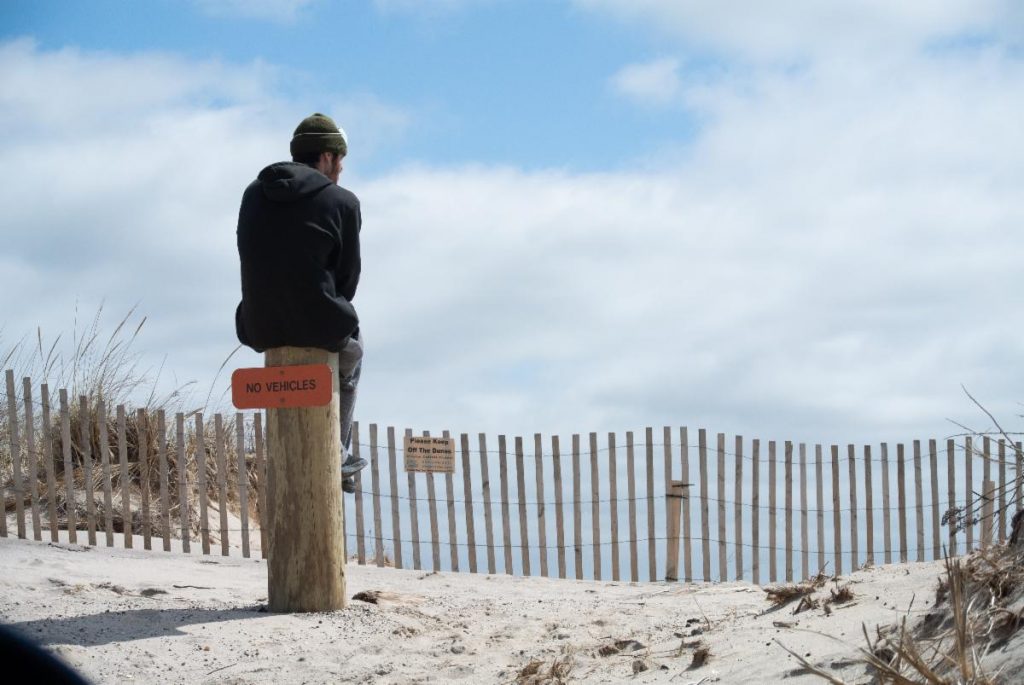It’s certainly a fitting jab at my ego.
As I’m musing about storytelling via the archetypes of the Hero’s Journey, I’m obviously focusing a lot on my own personal narrative.
Simultaneously, Vlad and I completed our most intense photoshoot to date, capturing a ton of images we need for upcoming projects and to accompany new content.
Thus, I found it laugh out loud funny when opening up one of the photos on my phone to edit, and noticed something new.
Namely, the final choice my iPhone offered as an option:
Featuring less of this person (me), indeed!

There are obviously many varieties of heroes, ranging from the unwilling to the willing, loner heroes and group-oriented heroes, and, of course, even the anti-hero.
Returning to Save The Cat, I was also amused at how Snyder categorizes genres not in the traditional ways of comedies and dramas, love stories or suspense.
Instead, he breaks things down into 10 types of traditional plot structures, arguing they encompass all stories.
(He even offers his email to readers in case they can think of a plot that doesn’t fit.)
By his system, one such genre––one that ranges particularly wild in style and substance and includes movies as diverse as Die Hard and Titanic to Schindler’s List––stands out for me.
Essentially, the plot is driven by the idea that “an ordinary guy finds himself in extraordinary circumstances.”
Snyder’s name for this type of archetypal story…?
“Dude with a Problem.”

While I’ve been studying Joseph Campbell’s archetypes, I’ve also been reflecting on how they apply to my own life story.
The archetype that our hero––the Dude with a Problem––almost always encounters first is the Mentor, or as Campbell labels it, the Wise Old Man or Wise Old Woman.
Whether it’s Merlin and King Arthur, or Cinderella’s Fairy Godmother, or Obi Wan in Star Wars or Mr. Miyagi in The Karate Kid, the Mentor always functions as a teacher and giver of wisdom.
Several amazing mentors in my own life stand out for me, and I also realize I’ve had one for every decade of my life.
I found one of the most compelling ones at my first “real job” after college.

When I think back on that period, I realize that more than any particular lesson this person demonstrated to me a way of being in the world, one that was in stark contrast to my upbringing.
Confident and accomplished, intellectually rigorous yet graced with a great sense of humor, they opened up so many doors to me about what was possible in life, what new worlds one might experience, even coming to dwell in one day.
I remember witnessing how they handled both interviews for staff positions and being interviewed themselves by news outlets.
These lessons were unspoken, even inferred, but nonetheless indelible.
And I also witnessed quirks and foibles that to this day amuse me.
For example, even though almost everyone would have found my mentor’s bank balances enviable, they once lamented that if only they had more money, they’d splurge and have fresh flowers in the house every week.
That’s why, amongst other family photos and treasured memories on my end table, I always include one of them, making sure their framed photo faces my garden.
They’ve given me so much, allowing them that view seems like the least I can do.

Another mentor of mine came a decade later.
I won’t share the details of their life but trust me it’s a fascinating tale, complete with Horatio Alger touches as well as a bit of James Bond bravura.
And, as much as I treasured (and miss) every bit of business and informal life coaching that came my way, perhaps the most helpful anecdote they offered was a comic story about a date gone wrong decades years ago.
Before all their success had materialized, they realized they were on a date with the roommate of the bank employee who had just closed their account for one too many bounced checks.
More than standard platitudes of reassurance, hearing that story told with laughter in an Upper East Side Townhouse decades later, gave me the much needed proof that Yes, despite my current chaos, perhaps somehow everything might eventually work out just fine.

Enriched by the mentor, the next archetype our hero traditionally encounters are Threshold Guardians.
These are usually not the main antagonists or villains in the narrative.
Rather they are simply there to test and challenge our hero as they embark on their path.
In life and in narrative, like muscle-training for willpower, they offer the resistance we need to strengthen and fortify our resolve.
Sometimes they are as literal as the Gatekeeper of Emerald City in The Wizard of Oz, initially refusing to let Dorothy and her crew enter.
The Threshold Guardian always tests or makes demands on us before we can move forward in our quest.
I do have one piece of advice about Threshold Guardians that someone once told me, something that proved profoundly useful at the time.
Perhaps it will be for you as well.

This person––a Momentary Mentor, if you will, or at least a Mentor in that Moment––told me they’d found that every relationship has two fences one has to climb over.
Using a geographic example, they declared that in LA, the first fence is short and the second is quite tall.
What does this mean exactly?
In LA, everyone will have lunch with you (or take a meeting) yet it’s an Olympian task to get anyone to actually finance your project.
In NYC, however, they said the fences were reversed.
It’s nearly impossible to get in several professional doors (for example, obtaining a new literary agent), but once you do, you’re potentially in business together forever.
I’ve often found that helpful when looking at all sorts of relationships––both business and personal, professional and romantic.
Indeed, it’s supremely helpful to know which fence––high or low––the Threshold Guardian has placed before you before trying to jump over it.
(And remembering to budget that a second fence is definitely ahead).
That way you can calculate exactly how high a leap is required (and whether you’ll actually be happier on the other side.)

Just as yelling “Plot Twist!” when something unexpected happens can reframe potential powerlessness into a Call to Adventure, so too can recognizing how these archetypes play out in our lives.
Mentors can teach you how to triumph in a board meeting as well as inspire you via a tale of a failed investment leading to unexpected good fortune.
Threshold Guardians are powerful teachers, too, reflecting back to us just how many fences we must leap over (and how high we’re willing to jump) to arrive in new territory.
Reflecting on the Hero’s Journey, I’ve found it reassuring, even moving, how my life––and no doubt yours, too––organically incorporates such archetypal patterns.
And it’s also sometimes startling to think how we serve in such ways for others as well, often unknowingly.
In fact, just this week I reconnected with someone who casually described me as one of their mentors, a role I had no idea I was playing.
Life is much richer when we realize we really are the hero of our own journey as well playing other roles––Threshold Guardian or Shapeshifter or even the Villain––in everyone else’s.
That’s why––while I overwhelmingly embrace each leap in iPhone technology––there’s no way that I can ever “Feature this Person Less.”
After all, like Bruce Willis (or Oskar Schindler), at the end of the day, I’m the hero of my own story, albeit justanother Dude with a Problem, living out a narrative that’s both utterly singular and at the same time completely universal.
And…so are you!
Namaste for Now,


